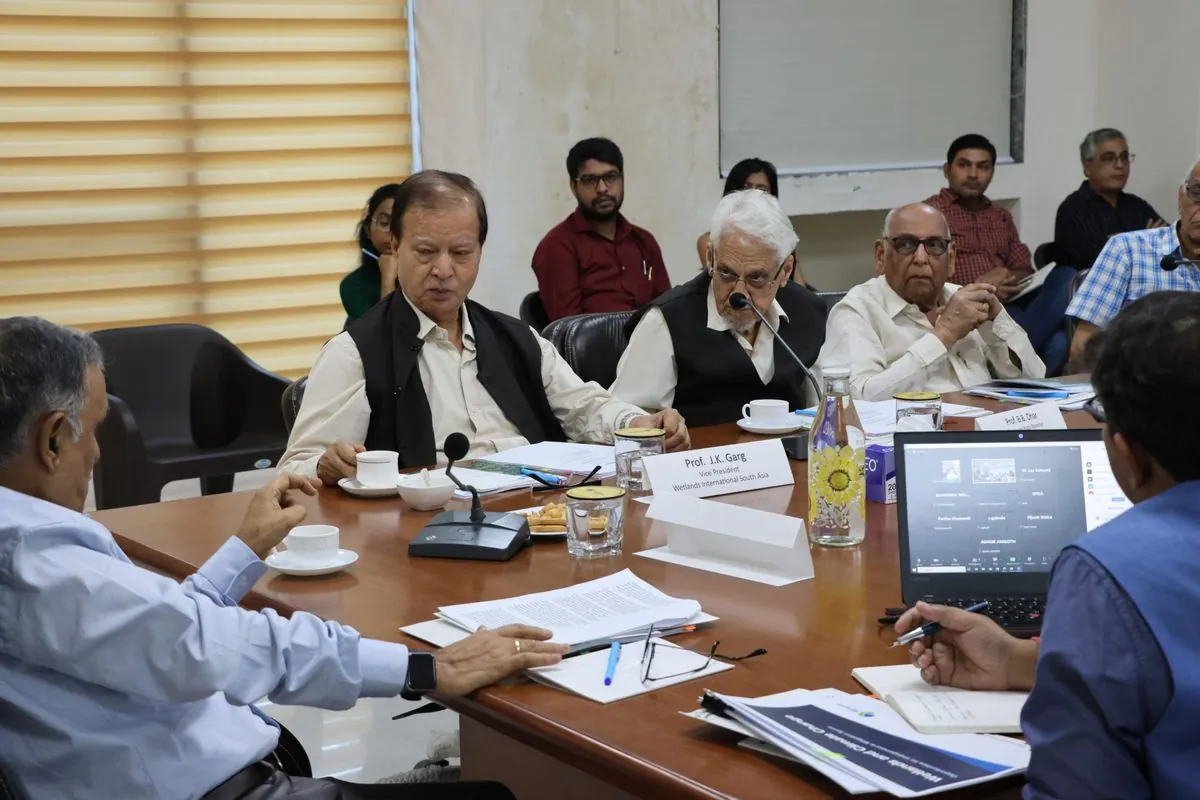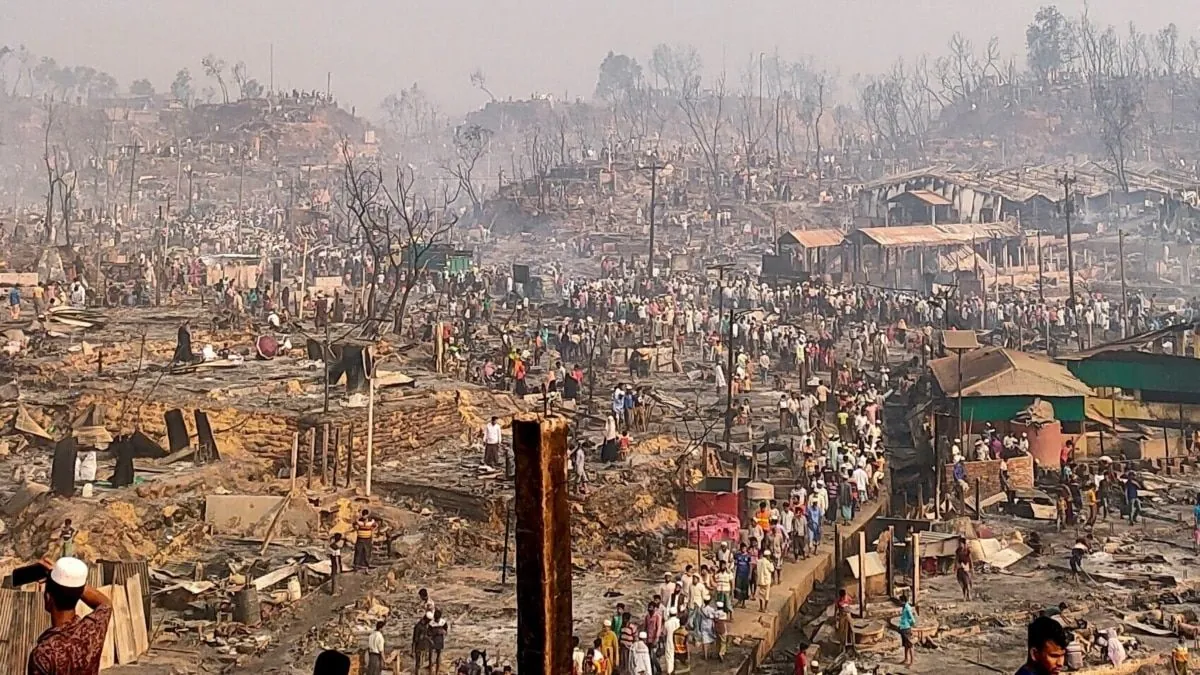South Asia Grapples with Refugee Crisis, Political Tensions, and Upcoming Elections
Bangladesh faces Rohingya refugee challenges, Sri Lanka prepares for presidential polls, and Pakistan experiences political unrest. India confronts ethnic violence in Manipur while maintaining a cautious stance towards Pakistan.

In recent developments across South Asia, several nations are confronting significant challenges, from refugee crises to political tensions and upcoming elections.
Bangladesh is grappling with an influx of Rohingya refugees, a stateless Muslim minority from Myanmar. The interim leader, Muhammad Yunus, a Nobel Peace Prize laureate renowned for his microfinance work, is advocating for expedited resettlement of nearly one million refugees to third countries. The world's largest refugee camp in Cox's Bazar houses many of these displaced individuals.

Yunus faces multiple challenges, including economic stabilization and institutional reforms. His international reputation may prove crucial in securing continued humanitarian aid and potential resettlement opportunities for the Rohingya. The upcoming United Nations General Assembly in New York offers a platform for Yunus to address these issues on the global stage.
"We must prioritize the expedited resettlement of Rohingya refugees to third countries to alleviate the growing humanitarian crisis."
Sri Lanka is preparing for a presidential election on September 21, 2024, with three main contenders vying for the powerful position. The election will serve as a referendum on economic recovery efforts following the 2022 debt default and the public's desire to move away from family-driven politics dominated by the Rajapaksa dynasty for decades.
In Pakistan, political tensions have escalated with mass arrests following a rally by supporters of imprisoned former Prime Minister Imran Khan. The Pakistan Tehreek-e-Insaf (PTI) party, founded by Khan in 1996, is locked in a confrontation with the government and military, deepening the ongoing political crisis.
India is facing renewed ethnic violence in Manipur, one of its northeastern states. Clashes between the majority Meitei community and minority Kukis have led to curfews and internet shutdowns. This unrest poses a significant internal security challenge for Prime Minister Narendra Modi's government.
India-Pakistan relations remain strained, with Indian officials reiterating their stance on dialogue contingent upon Pakistan addressing terrorism concerns. The upcoming Shanghai Cooperation Organisation (SCO) summit in October 2024, hosted by Pakistan, presents a potential opportunity for engagement, though expectations remain low.
Regional voices highlight various issues, including efforts to improve Bangladesh-Pakistan ties, concerns over government priorities in Bangladesh, and the need for increased entrepreneurship awareness in Bhutan, known for its unique Gross National Happiness index.
As South Asia navigates these complex challenges, the international community's role in addressing humanitarian crises, promoting political stability, and fostering regional cooperation remains crucial.


































